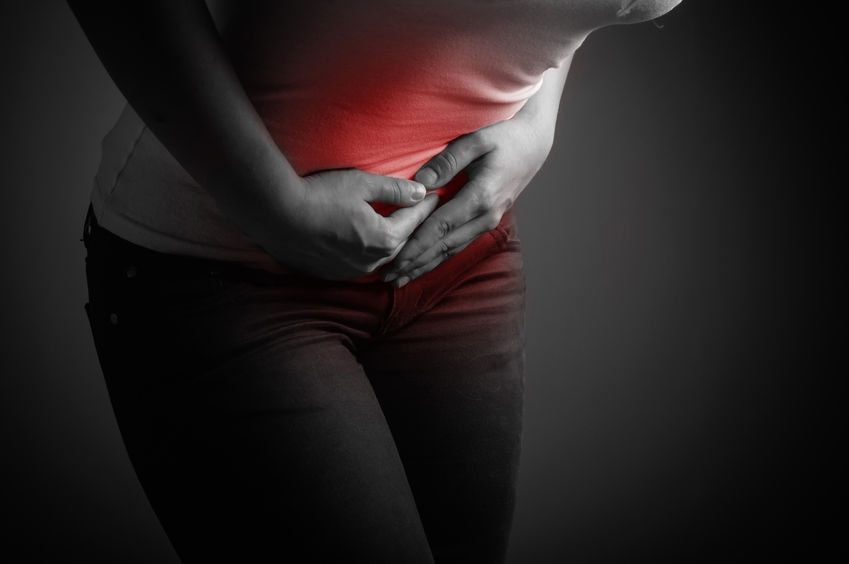
What is endometriosis?
Endometriosis is a common condition that affects women in their reproductive years who are still menstruating. It occurs when tissue, that normally lines the uterine cavity grows outside of the uterus, most commonly in the pelvis. The misplaced tissue can grow in superficial patches, in larger and deep nodules or in cysts.
It is an insidious condition which, if left untreated can cause scarring, infertility and chronic pelvic pain. Symptoms can often be vague, non-existent, or confused with those of irritable bowel syndrome. As the average time to diagnose this condition can be prolonged at eight years or more, if you are having difficulty falling pregnant, or have problems with your periods such as pain or heaviness, as well as pain with intercourse you need investigation to exclude endometriosis at any age.
Endometriosis is a very common condition that affects between 10-15% of all women
Endometriosis may run in families and therefore will be sometimes diagnosed in young women in their teenage years who present with increasing period pain or pain with intercourse. Often women will not realise they have the condition until they are unable to fall pregnant, by which time significant scarring and damage to the tubes and ovaries may have taken place.
The incidence of endometriosis appears to be increasing as more women delay their pregnancies. In particular it is commonly diagnosed in:
- Young women having painful periods
- Women having difficulty falling pregnant
- Older women with heavy and painful periods
The symptoms of endometriosis are often decreased, masked or hidden by the use of the pill or other hormonal contraception.
Keyhole (laparoscopic) surgery is the gold standard diagnostic and treatment technique for endometriosis
The diagnosis of endometriosis is generally made by firstly obtaining a clear history from the patient. A pelvic examination by a gynaecologist and a vaginal ultrasound may be helpful. The best way to diagnose endometriosis, however, is by laparoscopy (keyhole surgery). This is a day surgical procedure where the patient is asleep for 20 to 30 minutes. A telescope is inserted into the abdomen to look at the uterus, tubes and ovaries. The procedure can be used to diagnose and treat the condition at the same time. Treatment of severe endometriosis can also be undertaken as keyhole surgery with an overnight stay in hospital.
It is important to exclude endometriosis in all women who are symptomatic or at risk from a strong family history even if they are not currently trying to fall pregnant
Early diagnosis and appropriate surgical treatment will help to relieve symptoms and preserve fertility in most cases. When coupled with hormonal treatment, recurrence for what can become a severe, chronic and recurrent condition can be delayed. An early diagnosis can also help patients consider planning a family sooner rather than later, if that is their desire.
Almost 90% of patients treated for infertility by Dr Raymond at Newcastle Ultrasound were able to achieve a pregnancy within a year of treatment by surgery alone, or with a combination of surgery and hormone treatment or IVF.
Speak to your GP about a referral to Newcastle Ultrasound to discuss symptoms and treatment of endometriosis
You can download a referral form for your GP here. For more information, or to make an appointment after you have seen your GP, please call our patient liaison coordinator on (02) 4957 3899.

